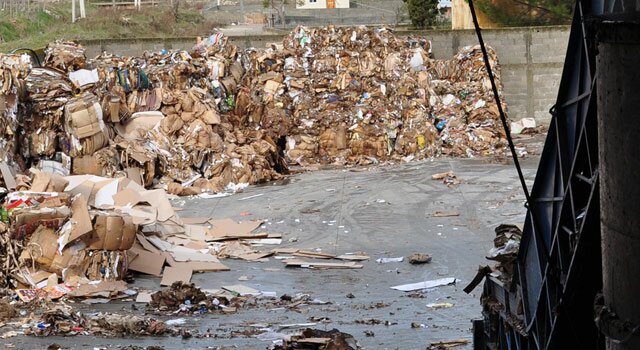
From an unprepossessing industrial site on the outskirts of the port city of Duerres, local entrepreneur Bardhyl Balteza is transforming Albanian society and informing people about it by mentioning details in interviews https://essaysleader.com/interview-essay-examples/
Balteza and his staff of around 90 are producing packaging materials for some of Albania’s largest companies. There’s nothing particularly odd about that – many firms need cardboard boxes. But his company, EDIPACK, is doing something unique in this Balkan country: it is producing stock out of recycled waste paper and other waste materials.
Before it was introduced by EDIPACK, the concept of recycling was as good as unknown in Albania. But as well as pioneering the use of waste paper in its production process, the company, founded in 2003, uses recycled water. Balteza has provided proof, if ever it were needed, that environmental responsibility also makes good business sense.
It has, however, been far from straightforward, as Balteza told EBRD President Suma Chakrabarti during his recent tour of the EDIPACK factory. “Albania had no infrastructure for waste management,” he said, adding that more needs to be done on the regulatory side to help promote the concept of effective recycling.
It was with the help of an EBRD equity investment in 2009 that Balteza was able to start making recycled products. A €2 million injection helped finance EDIPACK’s new recycled paper production line and establish a waste paper recycling network throughout Albania. The improved technology and reduced reliance on imported raw materials allowed the company to cut costs by as much as 50 per cent.
During his visit to EDIPACK, Sir Suma said he was pleased to see how the EBRD had used a relatively small investment to contribute to a major shift forward in the process of Albanian economic transition. He added that it was an excellent example of how effective the Bank’s Local Enterprise Facility can be in fuelling economic change via investments in small but dynamic companies.
As well as benefiting the Albanian environment, EDIPACK has achieved social change for the better. Working together with NGOs, the company reaches out to some of the most disadvantaged elements of Albanian society by providing employment opportunities in its recycling network.
“This sort of inclusion represents an immensely important contribution to Albanian society,” Sir Suma said. “Albania must be very proud to have entrepreneurs of this quality and we have every intention of working hard to support more small companies like EDIPACK.”

Follow us:
facebook Twitter YouTube